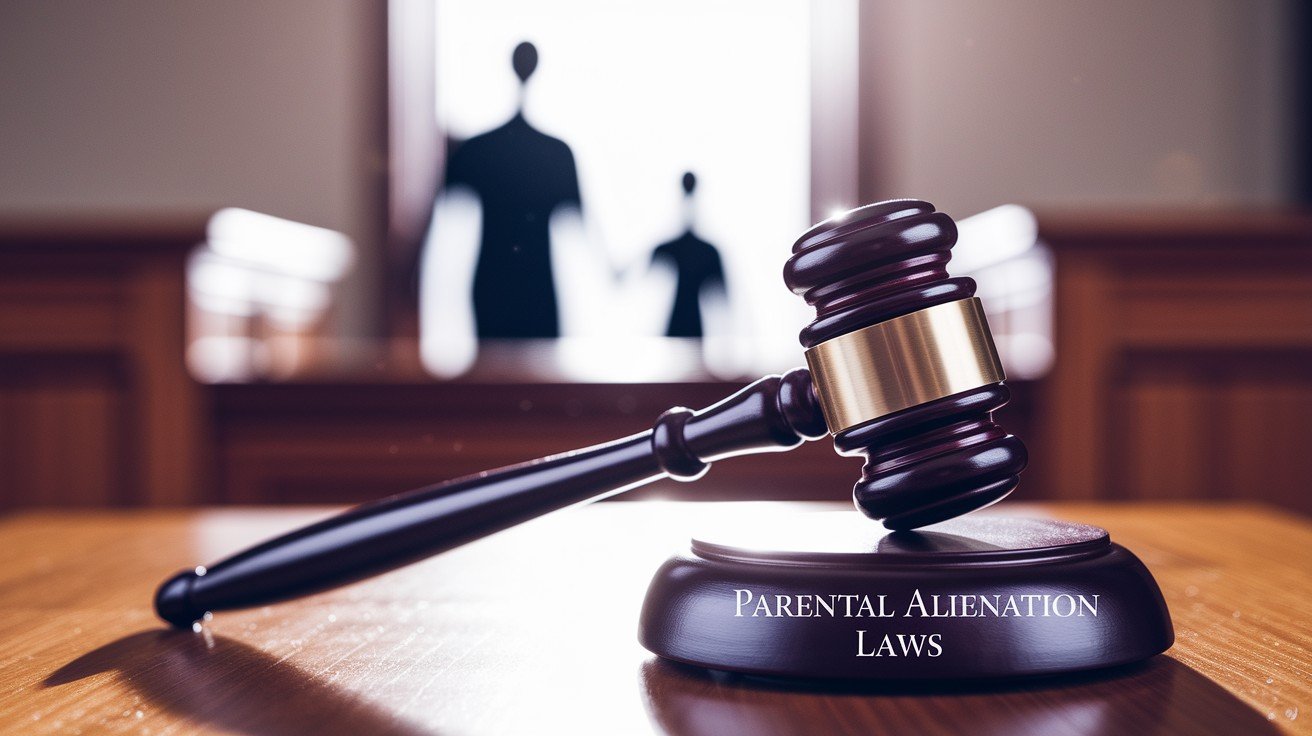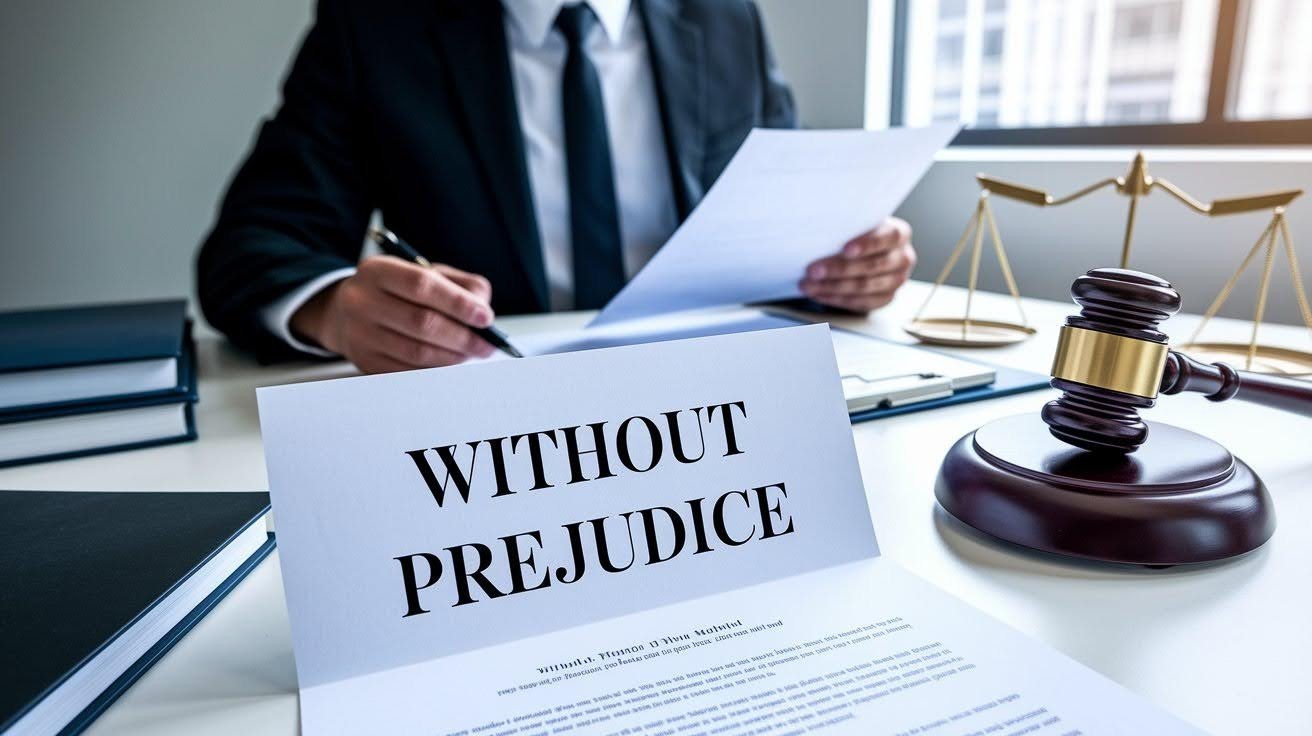Most couples think that, after marriage, their own bank accounts remain private. I learned it is not always true. During my divorce, I found that, alone, the income I earned was considered joint property.
In order to assist others in avoiding costly mistakes, I created this guide by way of real-life reviews of cases in addition to interviews with a family law attorney. Find the money that can stay separate and the money that then merges. Also, learn some ways in order for you to achieve your self-protection.
Avoid legal jargon, just advise clearly, coupled with fact-check based on real experience and expert input. Marriage involves trust, yet it also involves legal protection. Protect your financial future, understand your state’s laws, and know your rights before it is too late.
The Basic Truth About Separate Accounts and Marriage
Here’s the shocking reality: Your name on the account doesn’t make it yours during a divorce. Many couples learn this the hard way when splitting assets. Marriage changes everything about money ownership.
The law doesn’t care whose signature opened the account. What matters is when and how the money got there. Your individual account can still become shared property.
Most people think separate accounts stay separate. This belief costs them thousands during divorce proceedings. The truth is much more complicated.
When Your Separate Account Becomes Shared Property
Money earned during marriage goes into the marital property pool. This happens even when you deposit it in your personal account. The account name doesn’t protect the funds inside.
Why does the timing of deposits matter more than whose name is on the account? Courts care about when you earned the money, not where you put it. Marriage creates a legal partnership for all income.
Real examples show how separate accounts become marital assets. John’s commission check went into his personal account every month. During the divorce, his wife got half of all those deposits from their marriage years.
The Key Factors Courts Look At
Courts focus on money’s origin – work income during marriage becomes shared property, while pre-marriage savings and inheritance stay yours if kept separate.
Source of the Money
Courts ask where the funds originally came from. Was it your job during marriage? An inheritance from before marriage? This source determines everything about who owns the money.
Work income during marriage becomes shared property automatically. It doesn’t matter if you’re the only one working. The law treats marriage as a financial partnership for all earned income.
Pre-marriage savings and inheritance have different rules. These funds usually stay yours if kept separate. But you must prove where the money came from with clear documentation.
Timing of Deposits
When you put money into the account, it matters most. Pre-marriage deposits usually stay yours. Post-marriage deposits become shared property regardless of whose account receives them.
The wedding date creates a legal dividing line. Money earned before marriage stays separate. Money earned after marriage belongs to both spouses under the law.
Even deposits made years into marriage follow this rule. Your paycheck from last week is marital property. Timing beats account ownership in court decisions every time.
Mixing of Funds
Did marital and separate money get combined? This question can change everything about your account’s legal status. Even small mixed deposits affect the whole account.
Once separate money mixes with marital money, you lose protection. The entire account becomes shared property. Courts won’t separate mixed funds back to their original status.
Using separate account money for family bills creates mixing. This makes the money available for marriage purposes. Your separate property protection disappears when funds get combined.
Contributions from Both Spouses
Who put money into the account over time? Courts look at every deposit made during marriage. Both spouses’ contributions matter for determining ownership rights.
If your spouse ever deposited money, they gain ownership rights. Even a single paycheck deposit can change the account’s status. Joint contributions create joint ownership under the marriage law.
Regular deposits from both parties prove shared ownership. Courts see this as evidence of marital property. Your spouse’s contributions give them legal claims to the entire account balance.
Use of Account Funds
How you spent the money shows your intent. Did you use account funds for family expenses? Using separate money for shared purposes changes its legal status.
Paying household bills with separate account money creates problems. Courts view this as making the funds available for marriage. Your separate property becomes marital property through family use.
Personal expenses versus family expenses matter in court. Money used only for yourself stays separate. Money used for the family becomes shared property regardless of the source.
What Makes a Bank Account Truly Separate Property
Pre-marriage money stays yours if you keep it completely separate from marital funds and maintain clear records showing when you earned it.
Pre-Marriage Money That Stays Separate
Funds deposited before you got married usually remain yours. This includes savings from jobs you had before marriage. Keep good records to prove when you earned it.
Income from jobs you had before marriage has special protection. Bank statements showing deposits before your wedding date help prove ownership. The timing of these deposits is crucial evidence.
But here’s the catch: You must keep this money completely separate from marital funds. Keeping clear records of pre-marriage assets protects your financial interests during divorce proceedings.
Gifts and Inheritance Rules
Money inherited from family members stays yours in most states. Inheritance from parents or grandparents typically remains separate property. This money has special legal protection.
Personal gifts given to only one spouse also stay separate. However, gifts to both spouses become marital property. Wedding money given to “Mr. and Mrs. Smith” belongs to both parties.
When gifts to both spouses become marital property, you can’t claim individual ownership. How to keep inherited money separate: Never mix it with money you earn during marriage. Use a completely separate account.
The Danger of Mixing Funds
What happens when you combine separate and marital money: Everything becomes shared property. Even a small deposit from your spouse can change the entire account’s legal status.
Why using separate account money for family expenses changes everything: The law sees this as making the money available for marriage purposes. Your separate money loses its protection.
How even small deposits from joint income can affect the whole account: You put $10,000 inheritance in your account. Later, you deposit one paycheck from your marriage job. Now the whole $10,000+ becomes marital property.
Conclusion
Understanding how separate bank accounts work in divorce is also important. The name on the account matters most when the money is earned: the key rule.
Keep assets separate through individual pre-marriage funds also, don’t inherit and mix shared income finally, record transfers and deposits with detail.
Couples now have tools that help them to avoid so many surprising and expensive common mistakes. Money talks in marriage. Still, it may happen without tension. You’re ready with all of the right knowledge.
Stay proactive, stay protected. In the comments below, ask if you’re unsure of how the rules apply. Your question or story might help others going through the same thing. Being informed starts financial clarity, and now you have clarity.
Frequently Asked Questions
Are separate bank accounts protected in divorce?
Not always. Separate bank accounts in divorce cases show that the account name doesn’t determine ownership. Money earned during marriage becomes marital property, even in individual accounts. Only pre-marriage funds and inheritance typically stay separate if kept unmixed.
Can my spouse claim money from my personal bank account?
Yes, if the money was earned during marriage. Courts focus on when you earned the money, not whose name is on the account. Your spouse has legal rights to the income generated during the marriage period.
Does having only my name on an account make it mine?
No. Separate bank accounts, divorce law shows that account ownership differs from money ownership. Marital income deposited in your personal account still becomes shared property. The account title doesn’t protect funds earned during marriage.
What happens if I mix separate and marital money?
Everything becomes marital property. Once you combine inheritance or pre-marriage money with marital income, you lose separate property protection. Even small deposits from joint income can affect the entire account’s legal status.
How do I keep my inheritance separate during divorce?
Keep inherited money in a completely separate account. Never deposit marital income or use inheritance for family expenses. Maintain clear records showing the money’s source and keep it unmixed with any marital funds.










